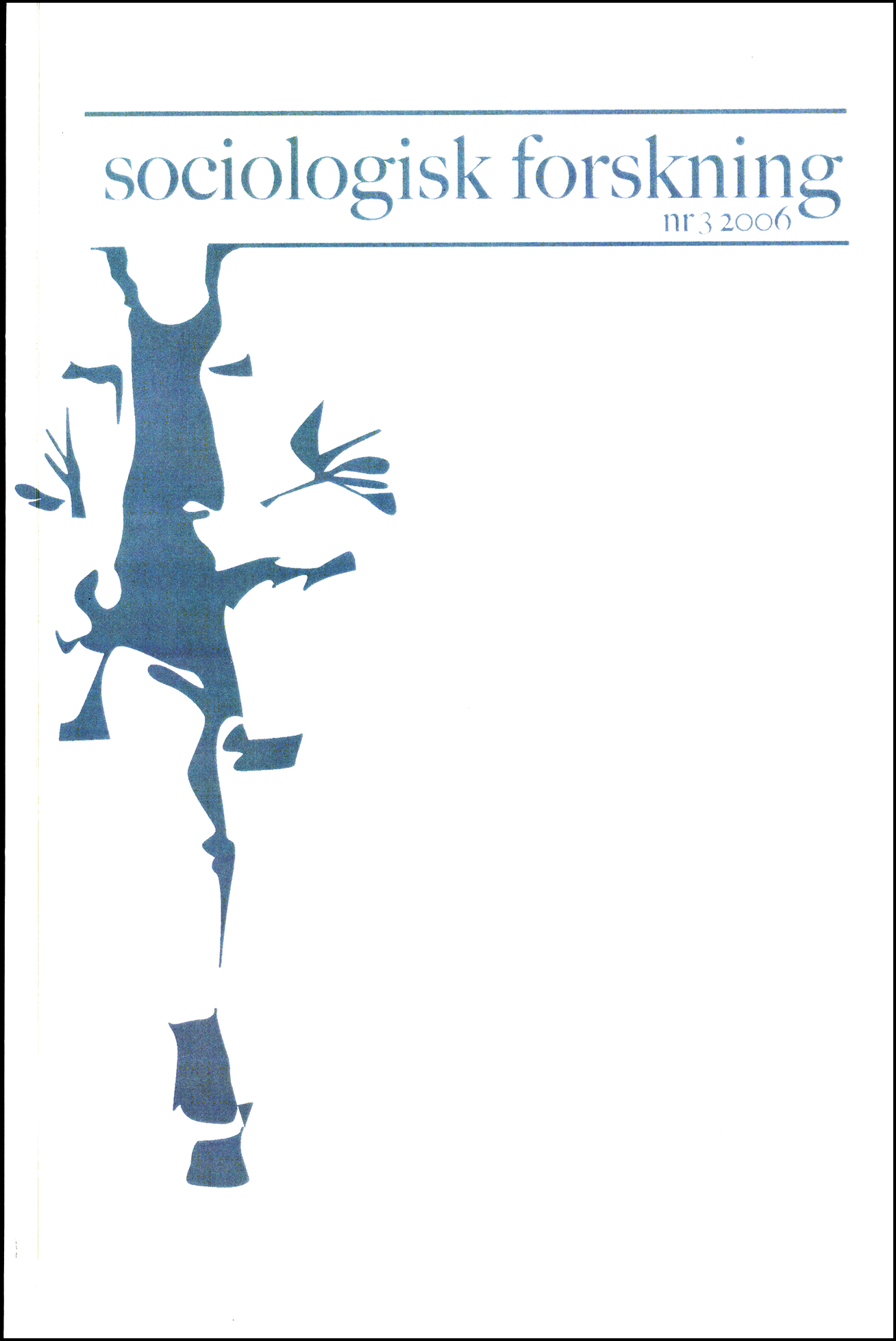"Invandrarfilm" som ideologisk och kulturell praktik
DOI:
https://doi.org/10.37062/sf.43.19308Keywords:
film analysis, representation, postcolonial theory, immigrants, ethnicity, discourse analysisAbstract
The main objective of this article is to summarise three theoretical perspectives in order to explain the most common way ‘immigrants’ are represented in Swedish films during the last 30 years - 1970-2000. On the one hand ‘the immigrant’ is represented as sympathetic, which I interpret as an anti-racist counter discourse. On the otherhand most of the films also, in accordance with the dominant discourse, represent ‘the immigrant’ as fundamentally different. ‘The immigrant’ is used as a tool in different internal and historically specific political debates to embody the solution to the conflicts experienced in society at large. One main conclusion is that the films reproduce and challenge dominant discourses at the same time; they can be seen as both reproductive and subversive practices. When modern urban society is criticized, ‘the immigrant’s’ role is to represent values belonging to the traditional society. ‘The immigrant’ can thereby be said to represent an utopian desire, insofar as s/he and his/her culture are constructed as the positive opposite of what is seen as negative in Swedish society during a specific historical period.
Downloads
Published
How to Cite
Issue
Section
License
All content in Sociologisk Forskning is published with immediate open access, under the Creative Commons license CC BY-NC-ND 4.0.
All content may be read, downloaded, shared and printed for non-commercial purposes, free and without fees. Contents may not be altered. When content is reused, author, source and a link to the copyright licence must be provided. The author retains copyright to their content. No publication fees are charged.





